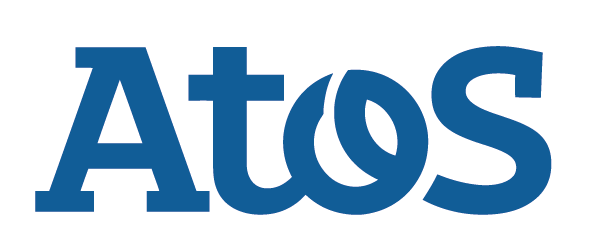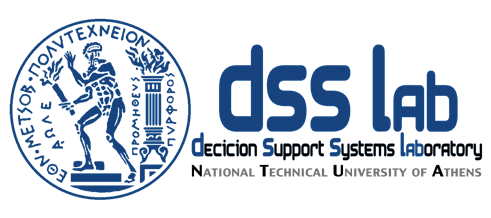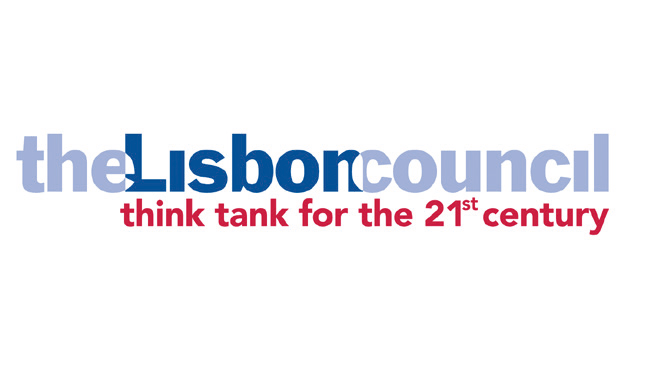National
Secure legal framework
<p>Stable rules enable continuous and reliable control of public administration, which acts within a legal framework. Therefore, public administrations’ work requires stability, consistency, precision and unambiguity of legal regulation. [1]<br />
The interviewed division head in the policy domain „Youth and Welfare“ emphasised the legal aspect in particular. The legal foundations are very complex. On the one hand, they must offer protection, on the other hand, it should not make technical innovations completely impossible. Therefore, the legal standards need to be adjusted because of...</p>
Better quality standards in the formulation and evaluation of norms
<p>Regulation is an essential instrument to attain policy objectives. Better regulation is about achieving administration's objectives by rules, laws, institutions and processes to deliver better, more effective and more efficient outcomes. Therefore, certain quality standards in the formulation and evaluation of norms have to be established. Enhancing regulatory quality requires multilevel ex ante and ex post evaluation systems. To achieve better regulation, it can be helpful to assign political roles to people with specific expertise in the relevant domain. [1]<br />
On the national level,...</p>
Comprehensive knowledge and information management
<p>Knowledge management affects the organisation´s technical assets as well as the employees’ willingness to share knowledge. Knowledge is an essential resource in public administrations and has to be stored in order to not get lost for the organisation. As a main reason for the loss of knowledge, participants of our focus group with a socialpolitical background named the retirement of employees. That is why it is important to build up a learning culture, to ensure and promote knowledge transfer within the organisation, as well as with relevant stakeholders. Knowledge management is cofounded...</p>
Include scientific knowledge and expertise
<p>Taking into account the complexities and importance of policy making, scientists and policy makers should be collaborating to improve outcomes of public administration. Insofar, policy makers and researchers have different mentalities, languages, time horizons and imperatives. Ways of bridging the gap between both of them are necessary. Organisational changes, knowledge sharing and new platforms for cooperation can be helpful to close the gap and support collaboration between science and administration. Engaging scientific experts is needed both to help develop policies and to evaluate...</p>
Standardisation of data management
<p>Similar to the <a href="http://www.bigpolicycanvas.eu/community/repository/standardisation-proc… of processes</a>, standardising data management can also provide significant benefits to the public administration, such as time savings and efficiency gains. It is important for the public administration to know what data is available and where it is located. For this purpose, a data monitoring should be established. The need for standardised data management has been confirmed in almost all conducted interviews.<br />
</p>
Establishment of a comprehensive technical infrastructure and IT architecture
<p>All interviewees stated that there is room for improvement in the technical infrastructure. The used technical infrastructure is partly outdated and does not meet current requirements, a fact that consequently increases administrative costs and leads to unnecessary bureaucracy. In addition, the lack of good infrastructure makes digitalisation difficult.<br />
In concrete terms, interface problems must be solved and harmonised. Concrete requirements that have been addressed in the various interviews are a comprehensive data infrastructure component, centralised records management and the...</p>
Ensuring data security taking into account the protection of citizens’ privacy
<p>Concerns about insufficient security and privacy are ubiquitous when it comes to the use of new technical possibilities - especially in public management. Besides the advantages and potentials, digitisation is associated with some technical and non-technical obstacles. Data protection and information security management can help to preserve trust in government. [1]<br />
Public administrations have to guarantee citizens´ informational self-determination, protect their sensitive personal data against unwarranted access and avoid unintended consequences (for example AI bias and identity...</p>
Deeper understanding of IT potential and IT processes
<p>This need is primarily about developing and understanding of the technical processes in the administration. Technological potential has to be identified and understood, thereby reducing employees´ fears of technology and possible consequences. A basic understanding of technology in administration can help make the benefits of technology fully available.<br />
We interviewed a professor of administrative science on this point. In her opinion, administrative staff needs to get more informed about such topics and attend relevant conferences. Employees can use this information to identify...</p>
IT Consolidation in the Public Sector
The goal of IT consolidation is to simplify and modernise the IT infrastructure in order to increase IT security, data protection and IT controllability. For example, central IT service centers with a strong focus on the service aspect are being set up and modern infrastructure platforms are being shared. The IT consolidation creates a basis for successful digitization. [1][2]
Talent Management
In times of demographic change and a shortage of skilled workers, it is particularly difficult to find suitable personnel – this also applies to the public sector. Talent Management is of strategic relevance, refers to the anticipation of required human capital for an organization and aims to get “the right person in the right job at the right time”[1]. With the help of talent management, competitive advantages and long-term organisational success can be promoted.




